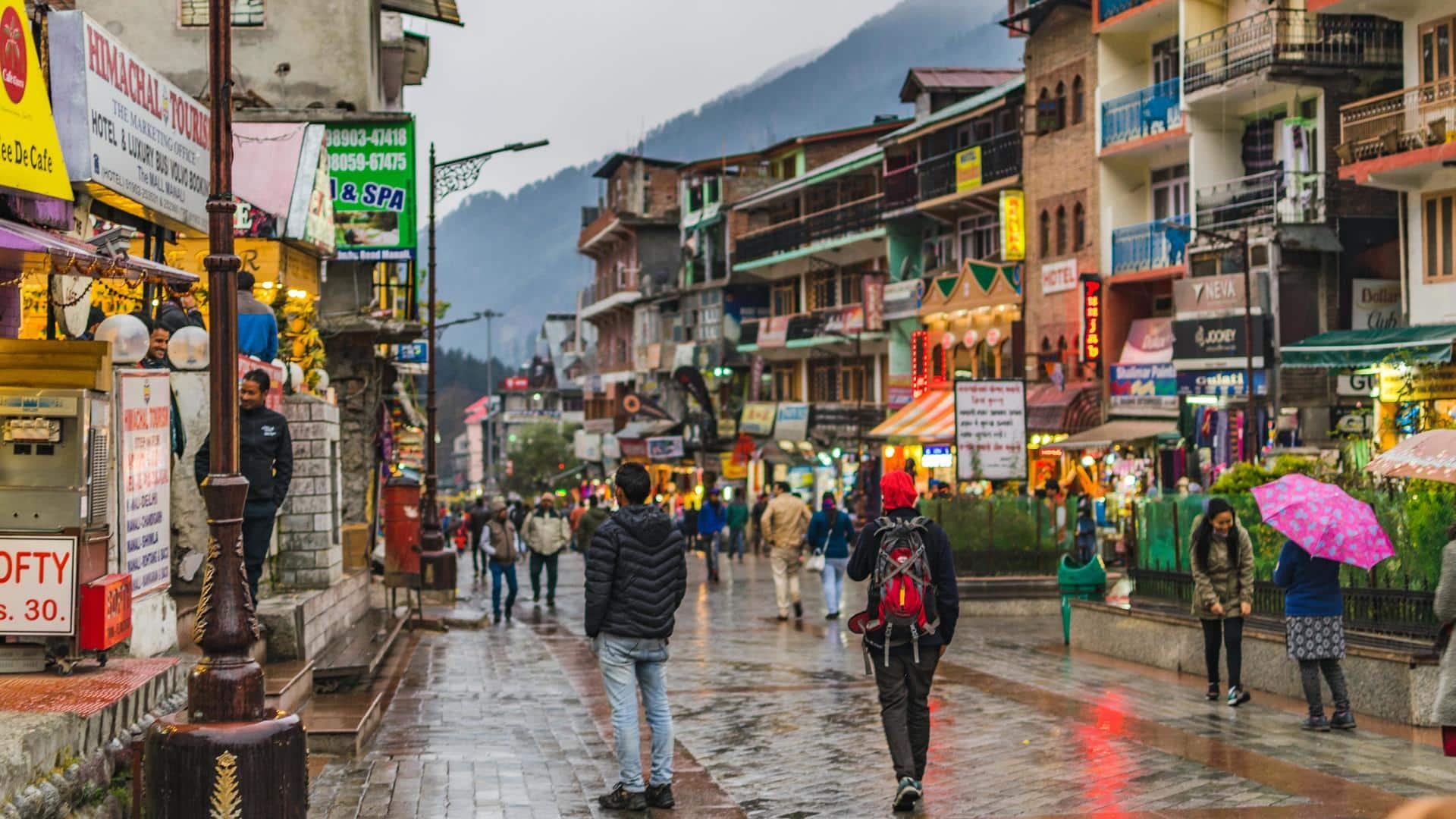
NGT-appointed panel suggests regulating tourists in Mussoorie: Know why
What's the story
An expert panel constituted by the National Green Tribunal (NGT) has urged authorities to regulate the tourist inflow to the hill station of Mussoorie, considering the carrying capacity of the region to avoid a Joshimath-like situation. According to PTI, the committee submitted its status report on the carrying capacity of Mussoorie to the tribunal and suggested a few regulations, too.
Context
Why does this story matter?
This year in January, hundreds of homes in Joshimath developed cracks amid land subsidence. As per the government data, cracks had formed on 868 structures in the town's nine wards, while 181 buildings came under the "unsafe zone." Located at the height of 6,000 feet in the Chamoli district of Uttarakhand, the town also falls in high-risk Seismic Zone V.
Details
11.7L tourists visited Mussoorie in 2022: Report
Labeling Mussoorie as Uttarakhand's most popular tourist spot, the report flagged a rise in the number of tourists visiting the region since 2000, with the Queen of the Hills witnessing an unprecedented 11,73,789 visitors last year. The high influx of tourists, however, raises issues like unregulated construction, excessive waste generation, sanitation and sewage issues, water scarcity, traffic congestion, vehicular pollution, and congested roads.
More details
Panel suggests measures to save Mussoorie
Highlighting the unplanned infrastructural expansion in Mussoorie, the panel suggested that in-depth geological, engineering, and geotechnical investigations should be done before approving any construction projects. "When repairing roads or building structures, it was recommended that the boulders should not be removed by digging or blasting the hillsides," news outlet The Indian Express quoted the report as saying.
Know more
Mussoorie falls under Seismic Zone IV: Details
On the other hand, the panel also pointed out that Mussoorie is located in the foothills of the Garhwal Himalayan range that comes under the Seismic Zone IV. "In landslide-prone areas, stones and boulders should not be removed from the bottom of the hill because this would remove the support, increasing the likelihood of 72 landslides," the report further said.
Further information
Panel suggests MDDA conduct annual, biennial checking of buildings
As per the report, proper examination of the existing buildings and strengthening of the retrofitted structures are required to protect them from collapsing or sliding. Detailed auditing of multi-story structures on an annual or biennial basis should also be done by the Mussoorie Dehradun Development Authority (MDDA) to learn about the health of the structures in these areas, it added.